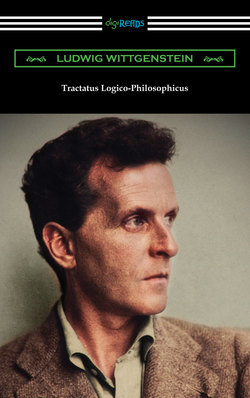Описание книги
First published originally in German in 1921, “Tractatus Logico-Philosophicus” is the only book-length philosophical work by Austrian philosopher Ludwig Wittgenstein published during his lifetime. Based upon notes made during his time serving in World War I, the treatise is composed of 526 numbered declarative statements that are presented without argument and were seen by Wittgenstein as being self-evident. Wittgenstein’s style is succinct and sparse and his ideas are presented in a highly logical, organized, and scientific manner. Wittgenstein proposes that the solution to all major philosophical problems can be solved only with logic and a scientific analysis of language and its meaning. His idea that philosophy is not about metaphysics and mysticism, but about critical and rational thought led to a massive shift in philosophical theories after its publication. The treatise was influential with many of the “logical positivists” of the Vienna Circle, such as Rudolf Carnap and Friedrich Waismann, and to philosophers such as Bertrand Russell. Considered one of the most significant and influential philosophical works of the twentieth century, this treatise is an important read for any student of the history of language and ideas.
